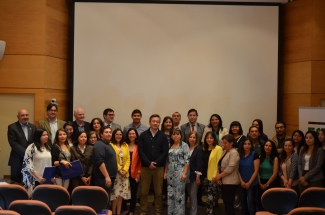What has an Influence on Confidence in institutions? Empirical Evidence for Chile
This research estimates an ordered probit model with data from the 2014 LAPOP survey to explore the factors that explain confidence in institutions in Chile. Results show an increased lack of confidence from the original peoples toward security institutions, probably due to the Mapuche Conflict. There is also a positive effect of democracy and performance variables that unveils differences in responsibilities between the executive power and the municipalities.

